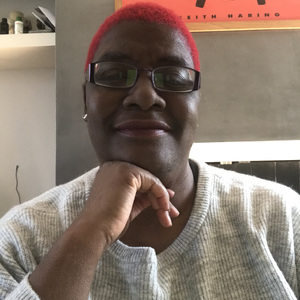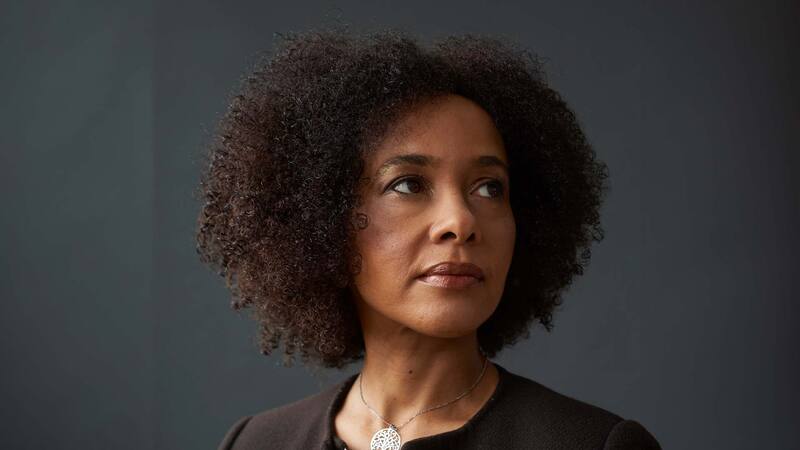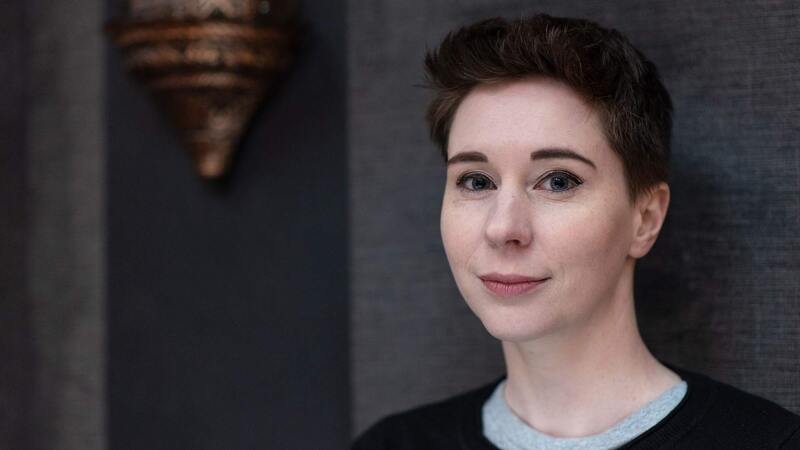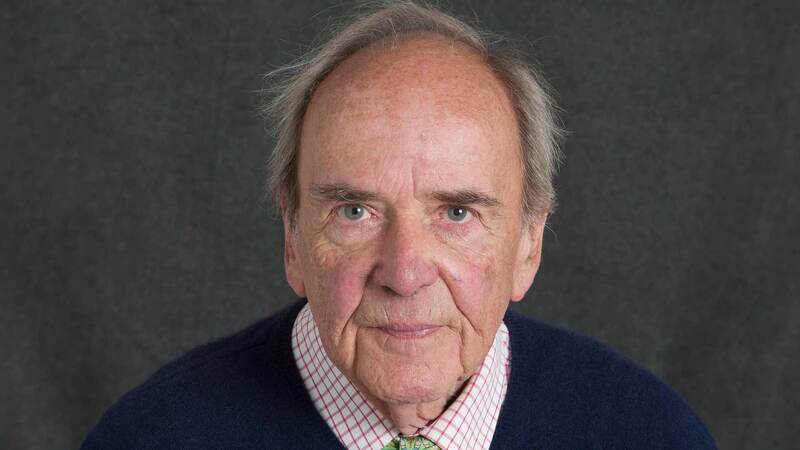You are viewing your 1 free article this month. Login to read more articles.
Why we need bursaries
Pushback against CrimeFest’s new bursary for writers of colour shows there’s still much work to be done.
When I was asked to be one of the judges for CrimeFest’s bursary for crime writers of colour, I immediately said yes. For me it was a no-brainer. I am very much involved in the crime fiction scene, and yet, no matter how much I read, a vast majority is not from crime writers of colour. Why? The number of crime writers of colour published each year is miniscule, and it needs to improve.
One of the perennial questions I get asked is why there are so few authors of colour within the genre? This issue was raised at the Crime Writing Explored panel at the recent Black British Book Festival, which I recently chaired. There is no straightforward answer though it could be that they are not given similar coverage and support. (The Bookseller’s Discover Preview being a welcome exception.) And the publishing industry itself is predominantly white.
Following CrimeFest’s call to press and bloggers to help raise awareness that the bursary was open for entries, among the overwhelmingly positive reactions, they also received the following comments: “Discriminating against people who are not of colour is racist.” Also: “In this instance only people who are of colour can apply. That is discrimination.” And finally: “I don’t approve of discrimination of any kind so won’t be reposting this.”
The objections reveal a deep misunderstanding of how racism works. Racism fundamentally describes a system of disadvantage, and it exists in publishing.
The positive is the publishing industry knows this. Which is why the Publishers Association has launched the Inclusivity Action Plan earlier this year, on the back of several years of surveys that show various failings on representation for people with disabilities, from working-class backgrounds, the LGBTQ+ community, or from black, Asian and minority ethnic groups.
These events need to show the same commitment to level the playing field and challenge the old guard. CrimeFest is the only one I’m aware of that offers a bursary like this
Crime writing conventions and festivals are more than just places where readers, and authors, gather. They inspire. They inspire readers to pick up books they ordinarily wouldn’t; new writers to pick up a pen; and even reinvigorate established writers. But you cannot be what you cannot see. Representation, visibility and role models are game-changing.
These events need to show the same commitment to level the playing field and challenge the old guard. CrimeFest is the only one I’m aware of that offers a bursary like this.
Crime fiction is overwhelmingly white. While it is better than it used to be, there is still a long way to go. Positively, there are a number of crime authors of colour that are making waves, including the current and first none-white Chair of the Crime Writers’ Association (and co-judge of the CrimeFest bursary,) Vaseem Khan, alongside Abir Mukherjee, Samir Khan and Elizabeth Chakrabarty (the first two authors to receive the CrimeFest bursary), and Nicola Williams, Nadine Matheson, Imran Mahmood and Femi Kayode, to name a few.
Many authors reflect their lived experiences in their novels, and reading offers a way to walk in another person’s shoes. As Ausma Zehanat Khan wrote of her work: “I love having Muslim characters headline my stories because we so rarely see them in crime fiction or political thrillers except as terrorists or as an oppressed underclass. After reading crime fiction all my life and rarely seeing a character I could identify with, it was in many ways a relief to write characters like Esa and Haniya… Diverse representation in fiction puts power back in our hands, and allows us to speak for ourselves.”
Seeing the world through different eyes strikes me as important and transformative in the current global news agenda, where division and conflict is rife. We need more crime writers of colour. And this bursary should be seen as a great way forward, rather than attract flip and ignorant remarks.
With crime fiction events increasing, some costing hundreds of pounds to attend, money is also an issue. Bursaries provide invaluable help. They may not be a way of completely levelling the playing field but hopefully ensure a better one to those who have not got the same opportunities available to them.
If we want to increase the numbers of crime writers of colour, then we should be doing as much as we can to encourage them.
While it is true that some crime writers of colour are being celebrated on the world stage – think S A Cosby, Walter Mosley, and Attica Locke – they are in the minority.
Authors should be encouraged. CrimeFest is putting their money where their mouth is, and should be applauded for being forward thinking and wanting to be at the forefront of this work.



















